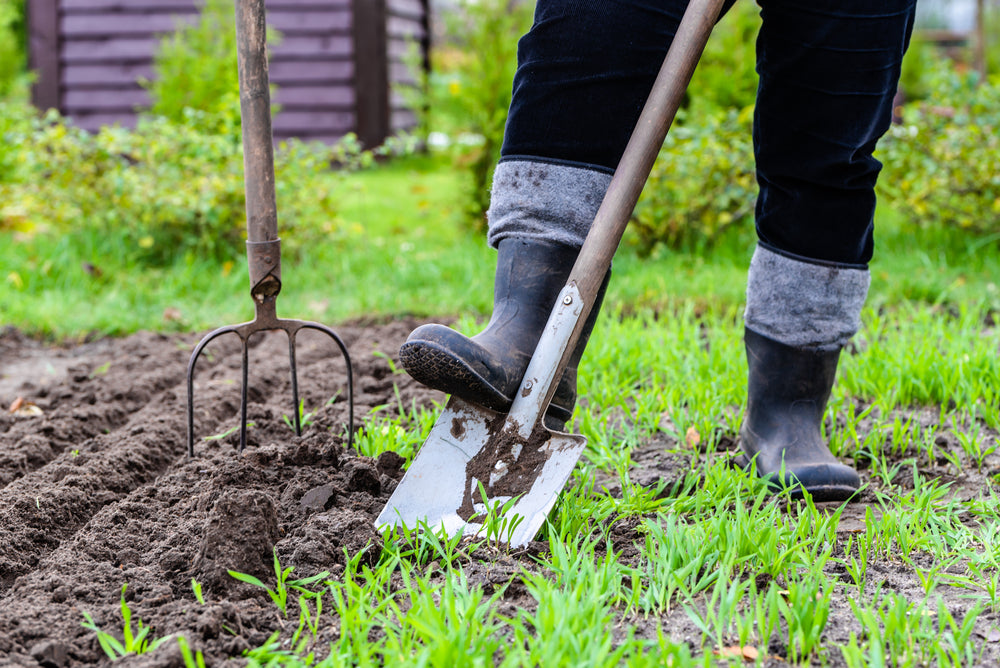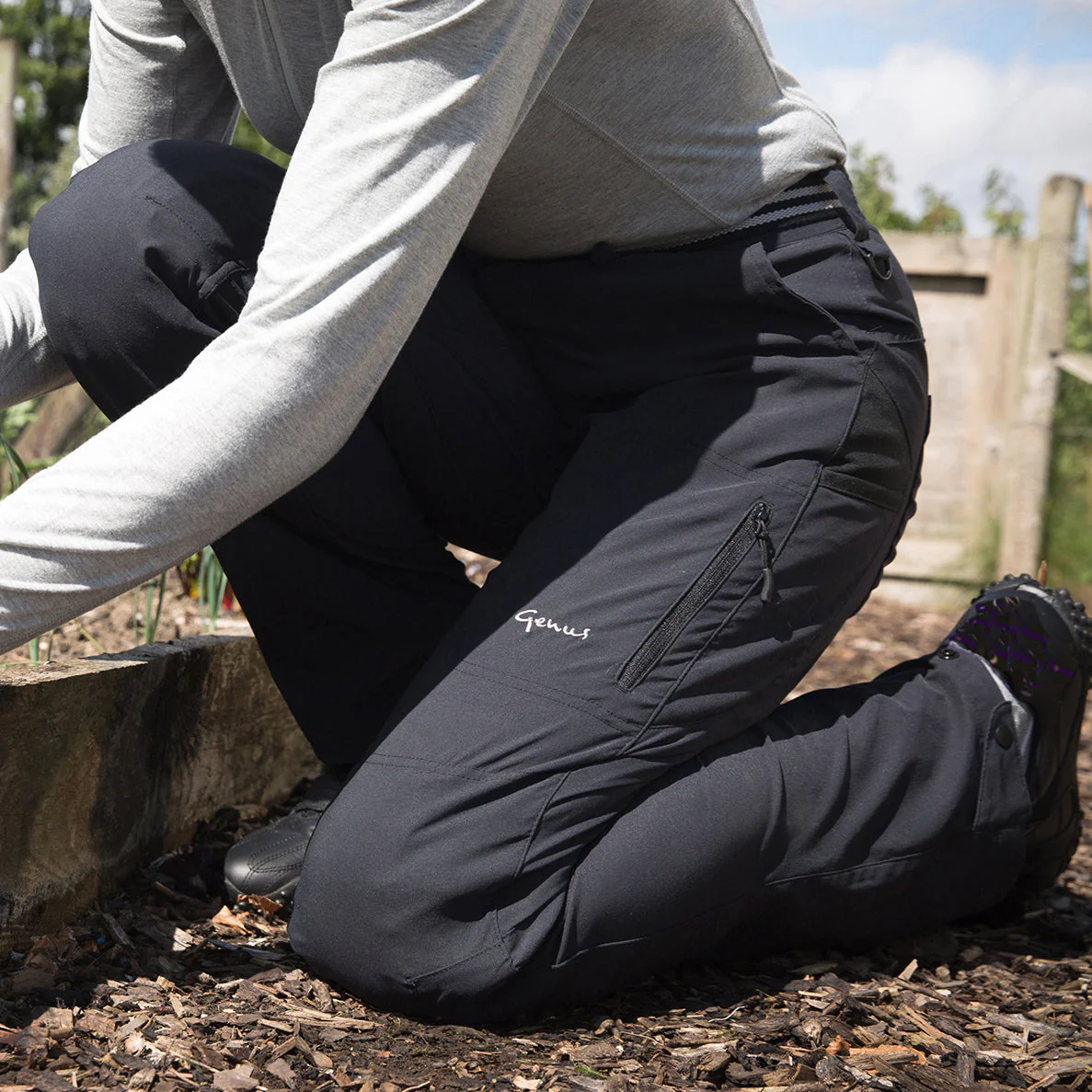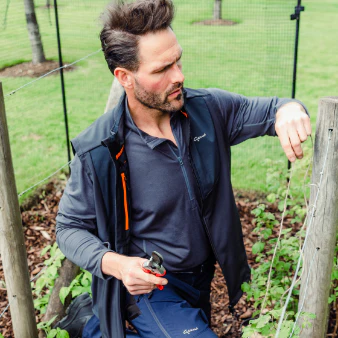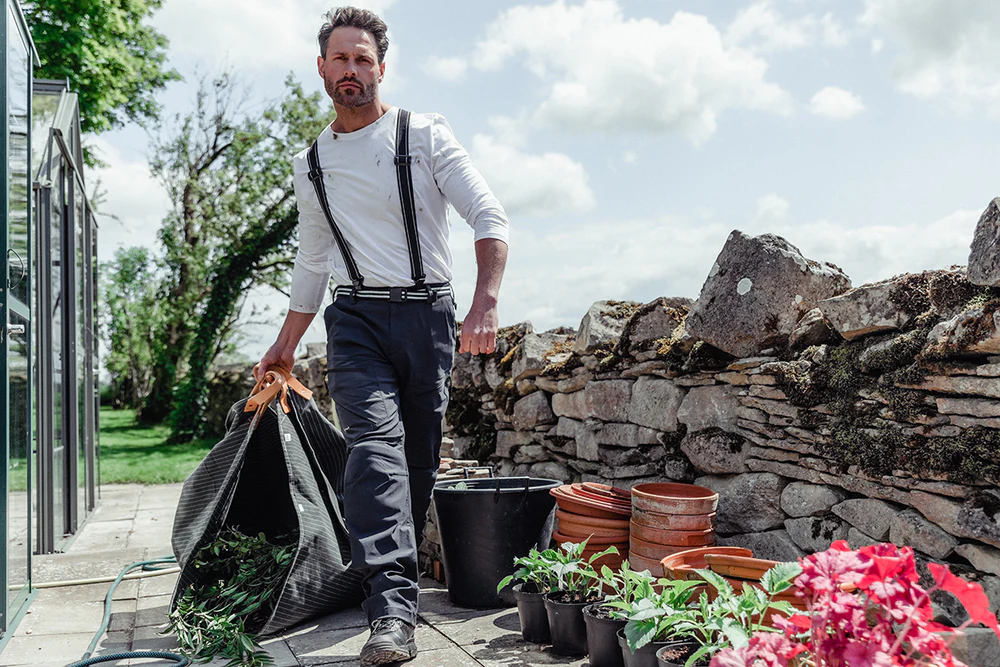Body, soul and gardening - gardening for fitness

We all know regular exercise is important for physical and mental health, but if running around the park or going to an exercise class isn't for you, remember that gardening also counts as exercise. And what better way to get fit, build strength and burn calories than by nurturing your garden and growing nourishing food.
For building muscle groups such as arms, legs, shoulders, stomach and back, get stuck into more vigorous activities such as digging, planting, mowing and raking. These are classed as light aerobic activities and will burn around 200 – 500 calories an hour, depending on the activity, and could be equivalent to a regular workout such as pilates or dancing. All the bending, pushing and pulling will also increase flexibility and help build stamina.
But, just like all exercise, it needs to be done correctly to avoid putting a strain on the body. It’s wise to limber up first with stretches, lunges, swinging your arms or going for a short walk before you get stuck in. And to avoid injury, bend from the knees and engage the core when lifting heavy objects - and pace yourself. It’s also wise to change jobs regularly by alternating between several jobs, such as turning the compost, pruning or raking.
So, if your New Year’s Resolution was to do more exercise, getting on with your winter’s gardening to-do list can also double up as a workout which is also fulfilling and rewarding.











